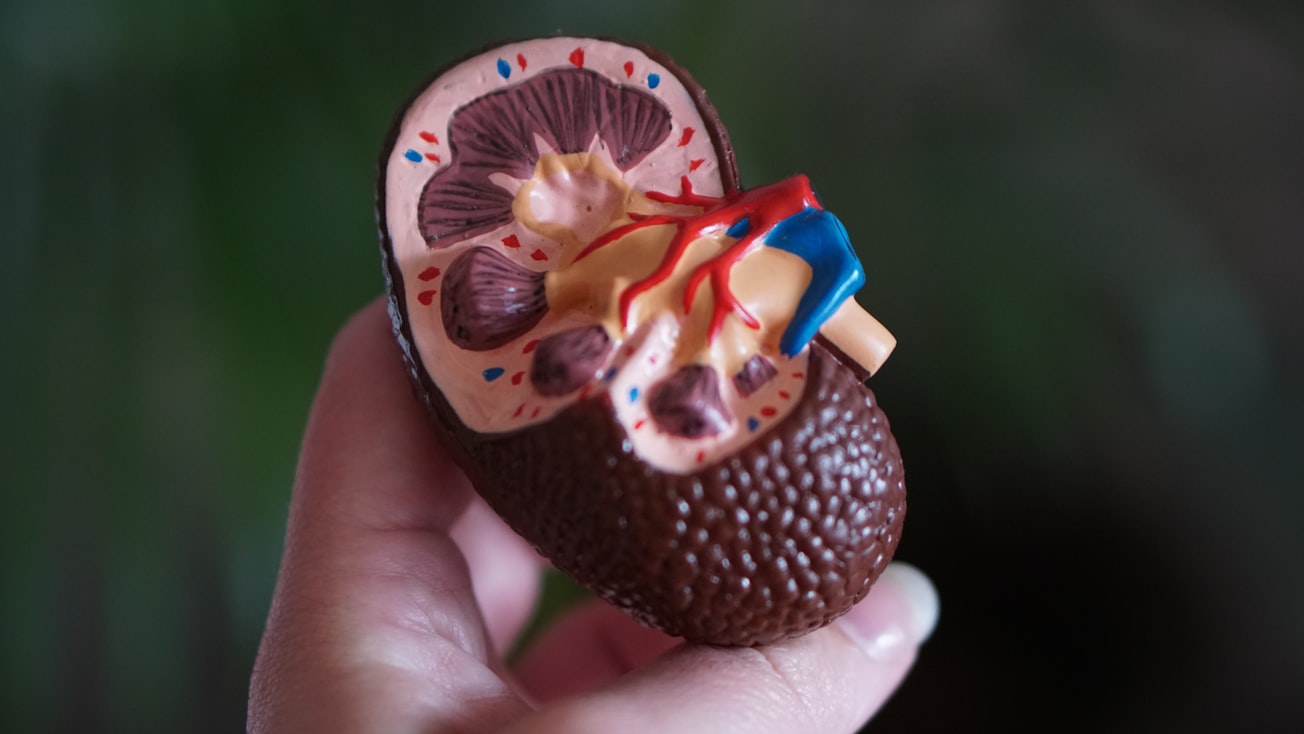What is it about?
The use of proton pump inhibitors is associated with an increased risk of developing several medical conditions, especially kidney disease. This study evaluated the evolution of patients with chronic kidney disease (CKD) comparing patients who used omeprazole with patients who did not use this drug. A significant association of great magnitude was found, relating the use of this medication with the progression of CKD to worse stages.
Featured Image

Photo by Robina Weermeijer on Unsplash
Why is it important?
The use of proton pump inhibitors is very common in the general population, being used for long periods of time, mainly in patients with gastric conditions, patients using polypharmacy (common in patients with CKD), and in the pharmacological treatment of elderly people. With advancing age, the functional capacity of the kidneys is naturally lost, and the use of these drugs can trigger kidney disease or worsen the disease's staging. This work is important because it confirms the previous hypotheses in this sense, and signals the need to establish new treatment protocols, as the proton pump inhibitors should be used with caution and avoided in patients with prior renal impairment.
Perspectives
The results found are worrying, in line with the results of previous studies, and demonstrate the need for actions to be taken in order to preserve the physical well-being of patients with CKD, as well as the world population in general. Thus, reading and deepening this study is essential to better understand how this relationship is established, as well as to propose less harmful alternatives to human health. It is expected that attitudes will be taken in this regard, since until then, little mobilization has been made in this regard.
João Victor Marques Guedes
Read the Original
This page is a summary of: Omeprazole use and risk of chronic kidney disease evolution, PLoS ONE, March 2020, PLOS,
DOI: 10.1371/journal.pone.0229344.
You can read the full text:
Resources
Contributors
The following have contributed to this page










